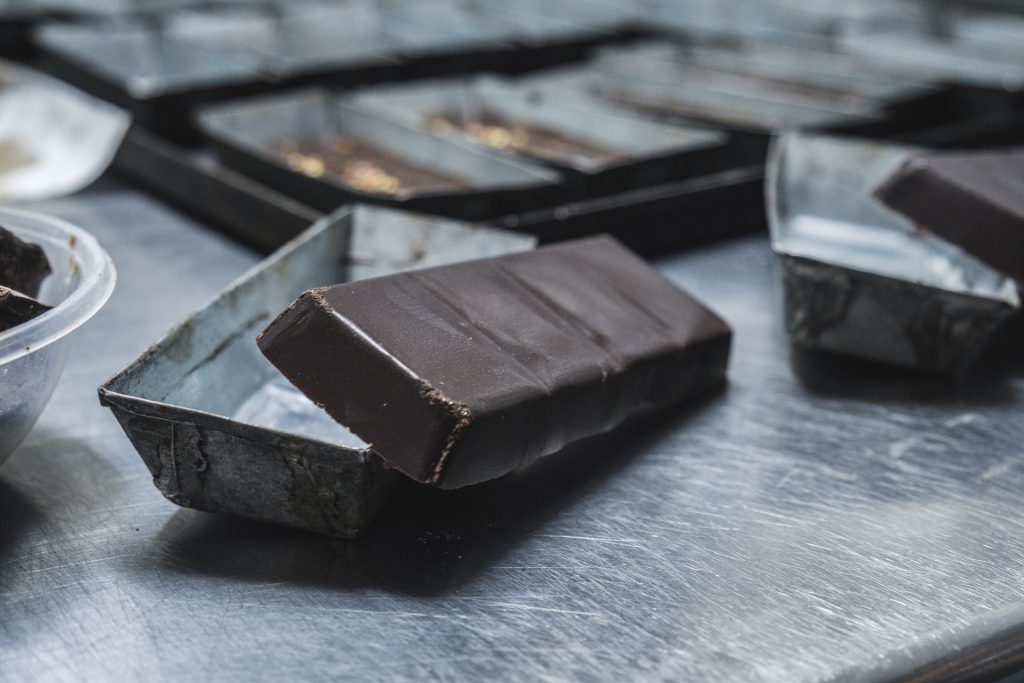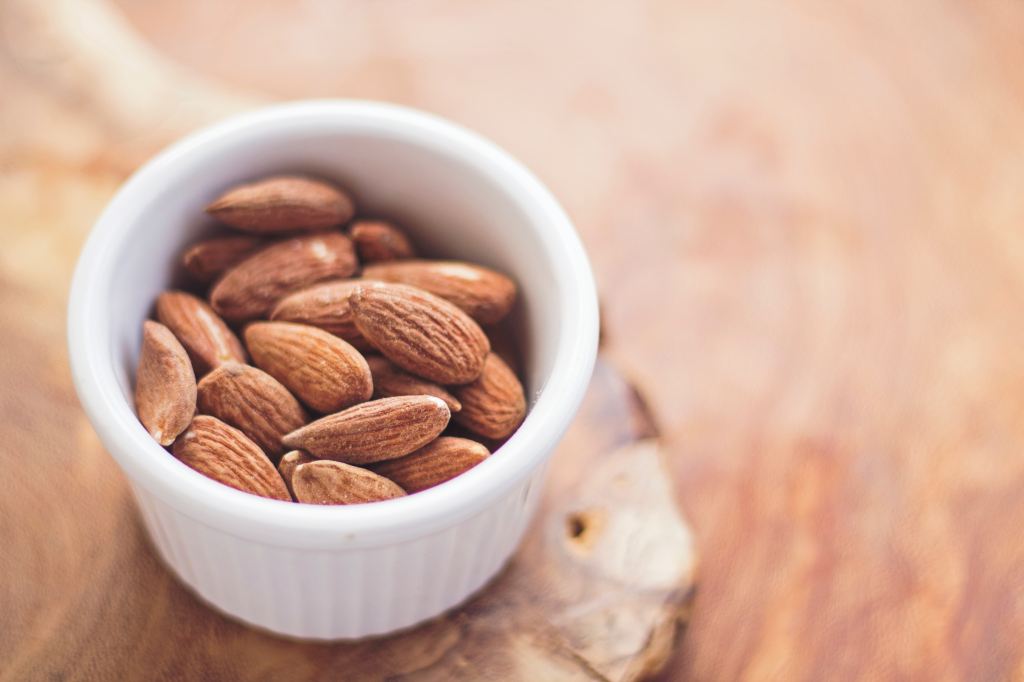Brain foods that help you concentrate (part 1). If you were asked to study before an exam, you’d probably be unable to do it without an unhealthy dose of energy drinks chock-full of caffeine. These will indeed keep you awake, but after crashing for the night, these beverages will do nothing to keep your brains fully alert and ready for the exam. The good thing is that there are plenty of foods you can take to improve brain power and concentration levels. Here are 10 different foods to help you concentrate and retain brain power.
Brain foods that help you concentrate (part 1)
1. Olive oil
Exra Virgin olive oil can be taken to help improve memory and keep Alzheimer’s at bay. It has been noted that people following the Mediterranean diet – e.g. consuming plenty of olive oil – have had a reduced risk of dementia and other brain-impairing conditions.
2. Wild salmon
The brain-saving element in wild salmon is its high omega-3 fatty acid content. This beneficial fatty acid helps in the fight against cognitive decline. Be sure that you are consuming wild salmon and not the farmed variety since they have completely different omega-3 fatty acid levels.
3. Coconut oil
This type of natural oil has received plenty of positive coverage in recent times, and it’s easy to see why. Coconut oil can be used to keep skin looking young, keep hair feeling smooth, and keep our brains properly fueled. The medium-chain triglycerides (MCT) found in coconut oil help in breaking down ketones, which is then further processed to create fuel for the brain.
4. Turmeric
This Asian spice has been used widely in medicines for many centuries. One benefit of consuming turmeric regularly is preventing dementia and brain trauma. Curcumin, an anti-inflammatory agent and active ingredient in turmeric, can also improve cognitive functions.
5. Blueberries
We’ve all heard of the antioxidant content of blueberries. What you may not know is that these very antioxidants accumulate in the brain to help improve cognitive functions, boost brain power and memory, and fight against accelerated aging of the brain.
6. Walnuts
The omega-3 fatty acids found in walnuts are fuel for the brain. Consuming walnuts on a daily basis can actually improve brain function and keep diseases like Alzheimer’s and dementia at bay. Even though all types of nuts have omega-3 fatty acids, walnuts have a significantly higher concentration.
7. Eggs
Eggs are an excellent source of protein, vitamin B, and choline. The latter is a crucial element used by the body to produce acetylcholine. This, in turn, is used by the brain in regulating moods and memory.
8. Pumpkin seeds
Like walnuts and salmon, pumpkin seeds, the part of the pumpkin you most likely throw away when preparing Jack o’ Lanterns, are filled with omega-3 fatty acids. In addition to this beneficial type of fatty acid, pumpkin seeds also come with high levels of zinc which aids in healthy cognitive functions.
9. Almonds
Even though almonds don’t have as high a concentration of omega-3 fatty acids as walnuts, they are still a viable choice of food to prevent brain deterioration. Almonds don’t just give a much-needed boost to memory power, but they also help with improving overall brain function. Almonds are a much more cost efficient alternative to walnuts in many places in the world.
10. Dark chocolate
Unsweetened dark chocolate and cocoa contain extremely high levels of flavanol, a plant-based nutrient that can improve brain function and prevent dementia and Alzheimer’s. However, the only drawback to making bitter chocolate tolerable is with the addition of sugar and other flavorings, rendering it a potential contributor to other types of disease. Your doctor will most likely not recommend eating a bar of chocolate a day to help boost your brain power.
And that’s not all. We will share 10 more brain foods in our next blog post Brain foods part 2.
Source: Fit and Nutrition.com



